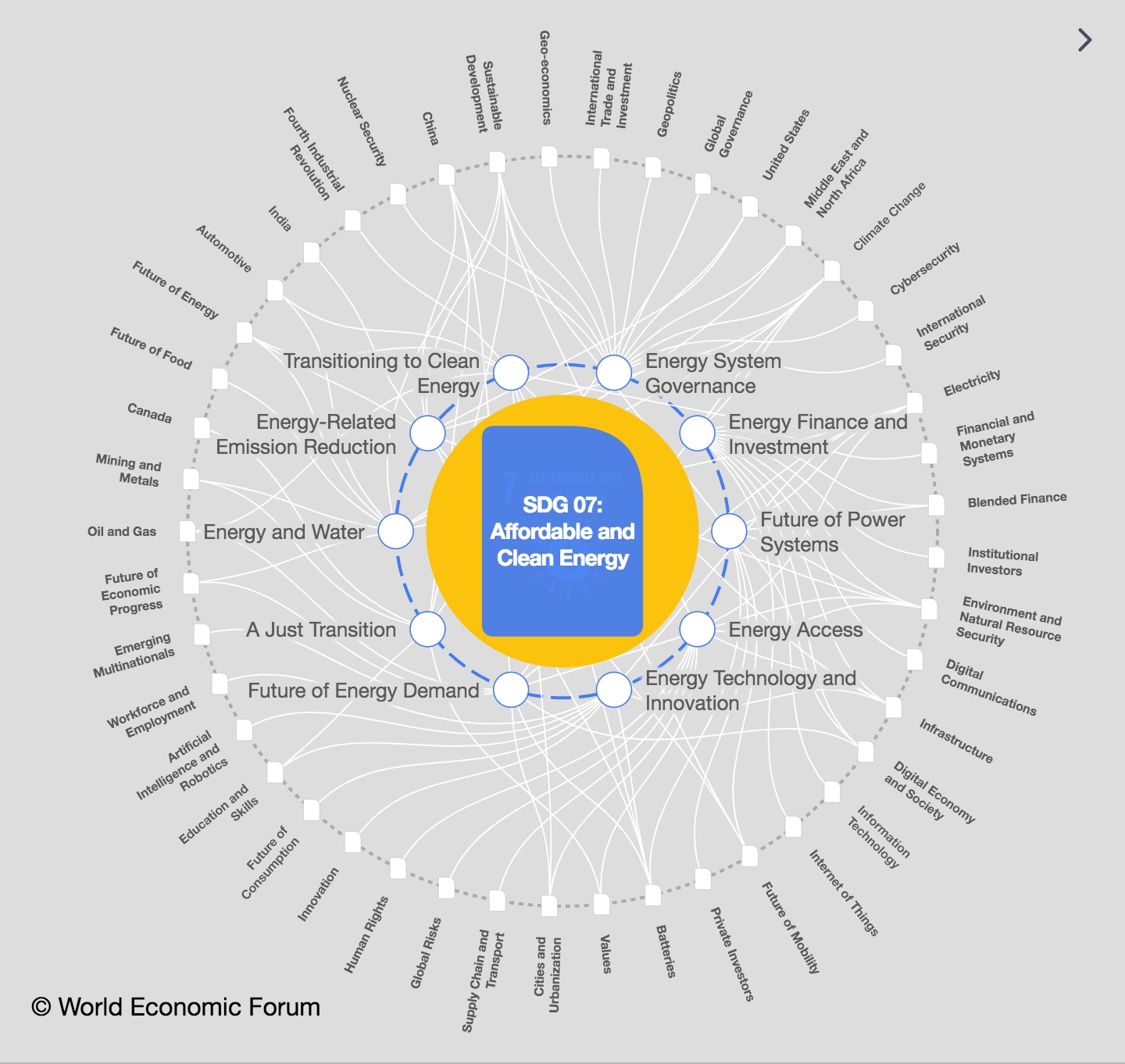2022 was a record-breaking year for renewable energy in the UK

The UK has accelerated its transition to renewable energy. Image: Luke Thornton/Unsplash
Cristen Hemingway Jaynes
Environmental Journalist, EcoWatch- The energy industry experienced a 'year like no other' in 2022, as a record amount of energy from renewable sources was generated in the UK.
- Researchers found that 40% of the UK's electricity in 2022 was made up of solar, wind, biomass and hydropower.
- More investment in clean energy is needed, say experts, as the UK seeks to become a renewable energy powerhouse in Europe.
A record amount of energy from renewable sources was generated in the UK in 2022, according to new research. The data was analyzed by academics from Imperial College London for Drax Electric Insights.
The researchers found that 40 percent of the UK’s electricity was made up of solar, wind, biomass and hydropower last year, an increase of five percent from 2021, reported The Independent. The report also found that the production of energy from fossil fuels increased in that time.
“This has been a year like no other for the energy industry. The public are feeling the pain of high gas prices on their energy bills even though renewables are providing the grid with more cheap, green electricity than ever before,” said Dr. Iain Staffell of Imperial College London, who is lead author of the Drax Electric Insights report series, as Electrical Review reported. “The lesson from 2022 is that we need to break our addiction to fossil fuels once and for all if we want lower cost and more secure energy supplies. If we had not invested in wind, solar and biomass over the last decade our energy bills would have been even higher, as would the risk of blackouts over winter.”
Staffell said that, rather than relying on imported fuel, the UK needed to generate its own power from renewable sources.
“The energy crisis cannot be solved by increasing our reliance on gas imported from abroad. We need to turbocharge our investment in clean energy technologies to become Europe’s renewable electricity powerhouse, which will cut fuel bills at home and bring money into the economy by exporting power to our neighbouring countries,” Staffell said, according to Business Green.
The report showed that Britain had become a net exporter of electric power for the first time in over ten years, reported The Independent.
The increase in power from renewable sources in Britain resulted in a lowering of carbon dioxide emissions by almost three million tons compared to 2021, a press release from Drax said. Power from renewables has also gone up more than four times in the past ten years.
At one point in May of last year, 72.8 percent of the grid’s power came from renewable sources.
Last year, the UK economy saw more than $3.59 billion from exports of approximately 1.9 terawatt hours of electricity, the report said.
What's the World Economic Forum doing about the transition to clean energy?
“We can accelerate and strengthen Britain’s long-term energy security by ending our reliance on expensive, imported fossil fuels and instead increase investment in homegrown renewables, and innovative green technologies,” said CEO of the Drax Group Will Gardiner, The Independent reported.
A Yorkshire biomass plant belonging to Drax was found to be the largest source of carbon dioxide in the UK, according to a 2021 report by Ember, an energy think tank. Biomass is classed as a source of green energy in the UK, a contention that has been challenged by climate scientists.
Don't miss any update on this topic
Create a free account and access your personalized content collection with our latest publications and analyses.
License and Republishing
World Economic Forum articles may be republished in accordance with the Creative Commons Attribution-NonCommercial-NoDerivatives 4.0 International Public License, and in accordance with our Terms of Use.
The views expressed in this article are those of the author alone and not the World Economic Forum.
Stay up to date:
SDG 07: Affordable and Clean Energy
Forum Stories newsletter
Bringing you weekly curated insights and analysis on the global issues that matter.







